1. Riding a Horse Without a Bridle

If you were caught riding a horse without a bridle, you could be fined. The reasoning was simple: riding without a bridle made control difficult, leading to potential injuries to the rider or others. Authorities wanted to encourage safe and responsible horsemanship.
2. Wearing a Mask While Robbing a Bank
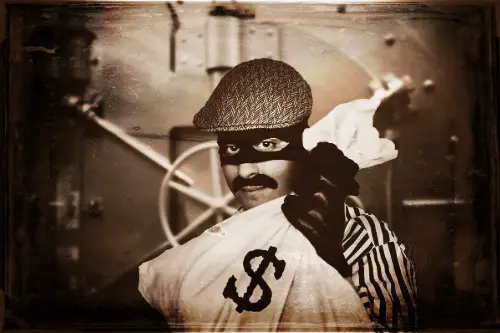
While masks were a symbol of outlaws, the act of wearing one while committing a crime was specifically outlawed in certain places. This law was designed to make sure that lawmen could identify criminals and make it harder for thieves to get away with their crimes. It made sense to have some sense of accountability, even in an environment where crime was rampant.
3. Gambling Without a License

The Wild West was a gambler’s paradise, but even the high-stakes poker games had rules. To legally gamble, operators needed a special license. The reason? Local governments needed a way to keep track of the profits and regulate the games, ensuring they didn’t turn into a breeding ground for fraud or violent disputes.
4. Public Drunkenness
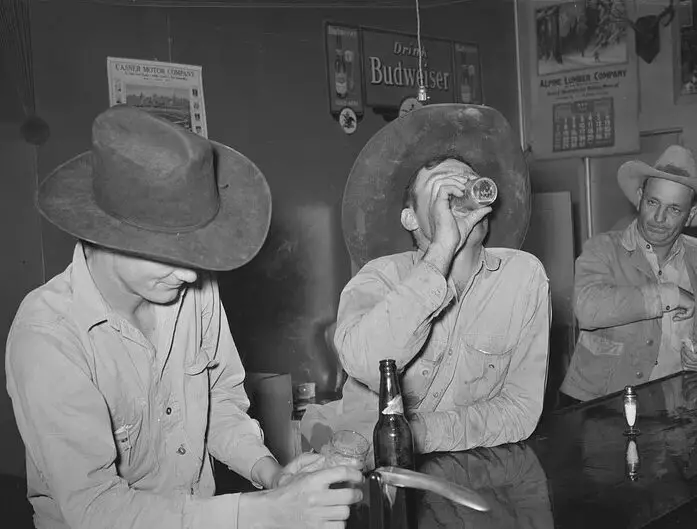
Saloons were where the action was, but they were also trouble hubs. Public drunkenness was prohibited to curb violence and chaos. When folks got too rowdy, bar fights often broke out, and things could escalate from a fistfight to something much more dangerous. Towns recognized that banning public drunkenness was a practical step toward safer streets.
5. Owning a Brothel Without a Permit
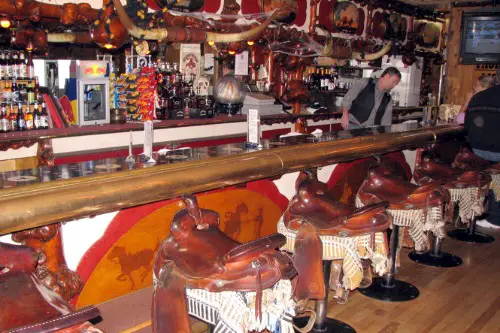
Brothels, though common, required a permit to operate. Cities wanted to control and monitor the trade for both health and moral reasons. Unregulated brothels often became centers for disease and exploitation, so permits were necessary to manage the safety and wellbeing of those involved.
6. Cheating at Cards
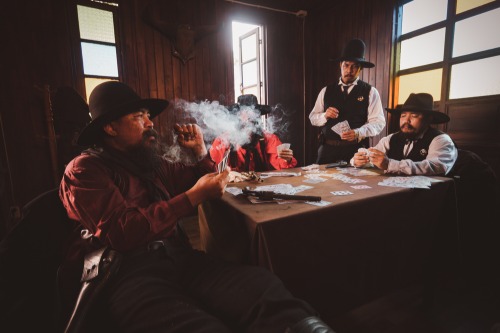
Cheating was a serious offense in saloons, and the penalty could be severe. This was because gambling was a big part of social life, and cheating not only robbed people of their money but also their trust in the social fabric. An accusation of cheating could get you a bullet in the back or a quick ride out of town.
7. Possessing Fireworks
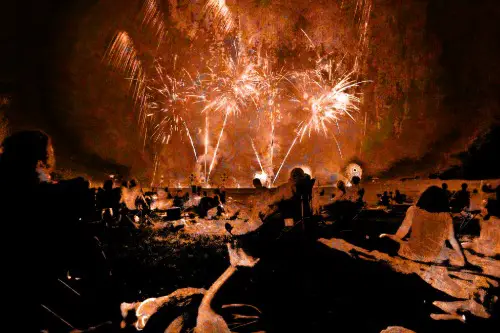
Fireworks may sound like harmless fun, but in the Wild West, they were banned to prevent fires. Many towns were built with wood, making them vulnerable to fire hazards. A stray spark from a firework could destroy an entire block, so authorities acted quickly to ban them altogether.
8. Unlicensed Medicine Sales
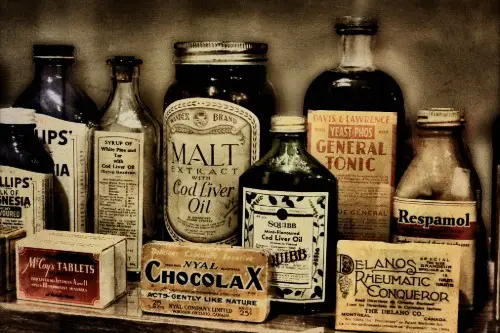
Selling unregulated medicine was illegal in the Wild West. The medical field was rough, and “patent medicines” often claimed outlandish benefits without proof. The government wanted to protect people from dangerous concoctions that could do more harm than good, like tonics with addictive ingredients or toxic substances.
9. Riding Horses Without a Saddle
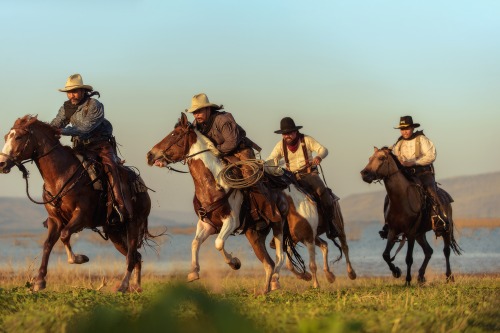
While it might sound like an odd rule, riding a horse without a saddle was actually outlawed in some towns. The reason? It was seen as reckless behavior that could lead to injury. Plus, saddles were expensive and a mark of proper equestrian etiquette, so towns wanted to maintain a standard of safety and decency.
10. Spitting on the Street
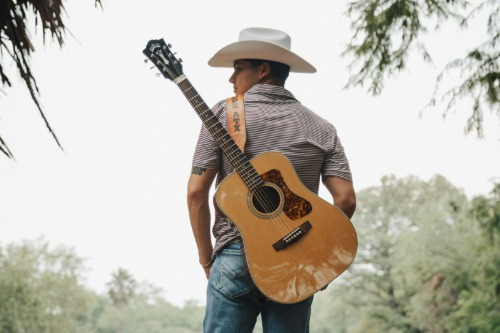
Spitting in public was banned in many places, not just because it was unpleasant but because it posed health risks. The Wild West had a fair share of contagious diseases, and spitting in public could contribute to their spread. The law aimed to curb unsanitary behavior and promote better hygiene.
11. Noisy Guns at Night
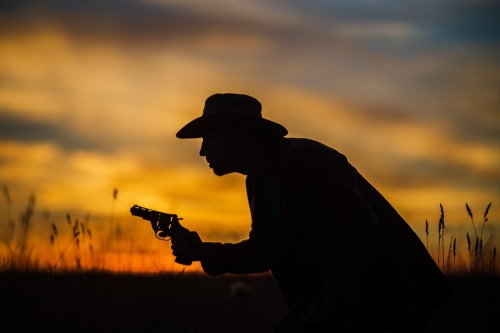
While guns were a constant in the Wild West, firing them at night was often prohibited. This rule helped maintain peace and prevent nighttime confusion that could lead to misunderstandings and accidental deaths. Noise ordinances were established to keep towns safe and orderly after dark.
12. Lassoing Cattle Without Permission
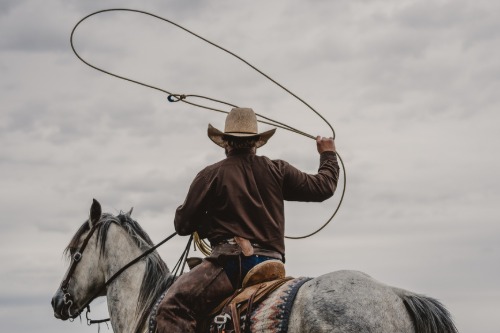
In some areas, lassoing cattle without the owner’s permission was illegal. This was to protect livestock and their owners from theft or unnecessary stress. If someone wanted to rope a cow, they needed to ensure they weren’t infringing on someone’s property rights.
13. Carrying a Concealed Weapon
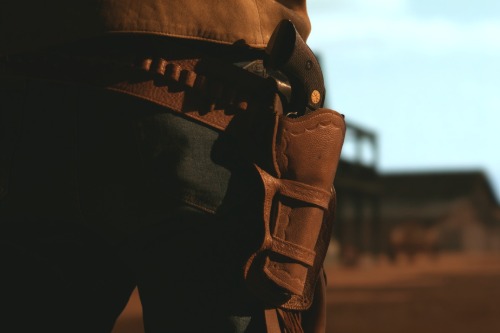
In towns like Tombstone, Arizona, carrying a concealed weapon was prohibited. While it may sound counterintuitive for a place known for shootouts, authorities wanted to reduce crime and avoid sudden violence. The practice led to many heated confrontations, and banning concealed weapons was a way to keep the peace in otherwise tense communities.
14. Bringing in Alcohol to “Dry” Towns
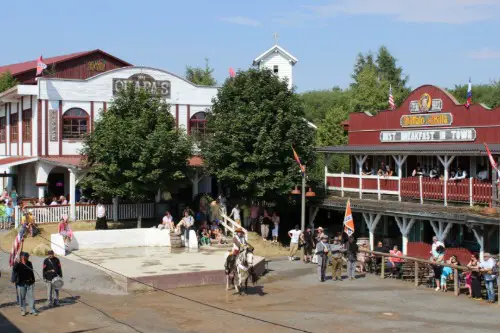
Certain towns in the Wild West were declared “dry,” which meant they had laws against selling or bringing in alcohol. The reasons varied—sometimes it was for religious reasons, other times to maintain public order. The ban on alcohol helped keep the peace and prevent the type of wild behavior that had earned the West its reputation.
While the Wild West was a land of freedom and exploration, these laws show that even in an untamed world, some order was needed to keep the communities functioning.


